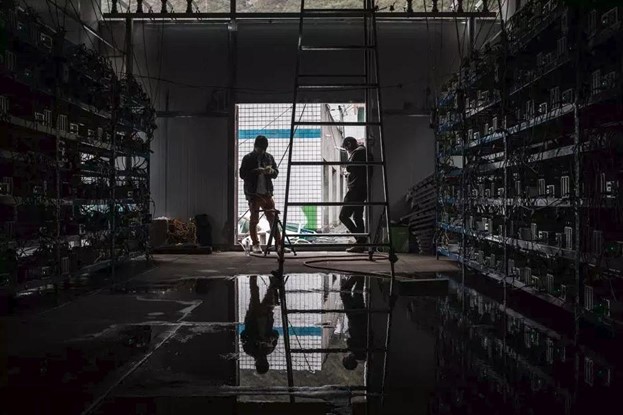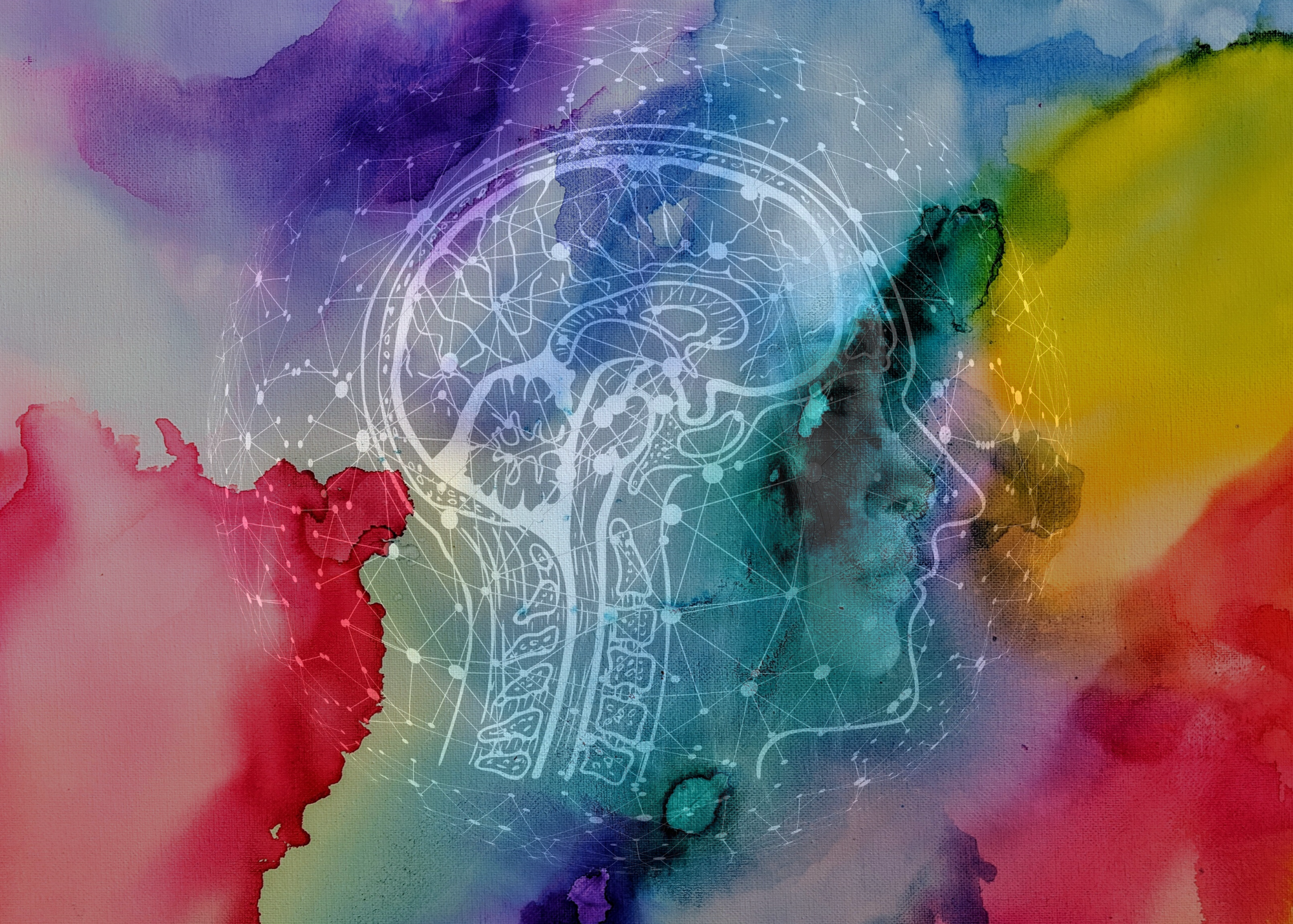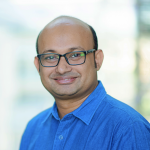Based at the IT University of Copenhagen, the section of Technologies in Practice conducts qualitative studies of technologically mediated practices in organisations and everyday life.
The vast majority of societal challenges demand critical engagement with contemporary technologies.
Our interdisciplinary environment provides students and researchers with the resources necessary for analysing entanglements of the social and technical with and through IT.
News
New Publication by Ingmar Lippert: Digitalisation as promissory infrastructure for sustainability
Supposedly, digitalisation offers new capacities and directions for environmental politics and governance. This chapter critically introduces the discursive trajectories of three ‘developments’, sustainable development, digitalisation and capitalist acceleration. Analytically, I approach these trajectories with the sociology of promises, environmental sociology and science and technology studies. To illustrate how subjects and environments are differently (con)figured at […]
Big Congratulations to Hasib Ahsan for Achieving His PhD
Big congratulations to Hasib Ahsan who achieved his PhD on the 15th of February 2023 Thesis Title: The Role of Human Infrastructure: Investigating Digital Interventions in the Global South Based on fieldwork in five distinct projects, this thesis investigates the role of human infrastructure in the context of digital interventions in the Global South. The […]
 TiP on Mastodon
TiP on Mastodon
- UntitledSuper proud of TiP member Irina Papazu for winning the Freeman Award, with co-editor Andreas Birkbak for the book "Democratic Situations". The prize will be awarded at the #EASST4S24 conference - for mroe see here https://tip.itu.dk/2024/07/04/democratic-situations-wins-the-freeman-award/
- UntitledWondering what to go and see at 4S/EASST this year? Take a look at the TiP Panels and presentations - quick summary here. https://tip.itu.dk/2024/07/04/4s-easst-making-and-doing-transformations/ #EASST4S24
Research
We are an interdisciplinary group, with a shared interest in qualitative studies of technologically mediated practices. Our work is funded by the Danish Research Council, European Union's Horizon 2020 program, Carlsberg Foundation, Innovation Foundation, Novo Nordisk and the Velux Foundation.
Teaching
We closely integrate our role as educators with our work as a research group. Our international faculty use insights from around the world in their teaching. Our teaching draws on disciplinary backgrounds such as information studies, history, anthropology, sociology, and critical computer science. We aim to help students address the critical questions arising at the intersection of society and technology.





